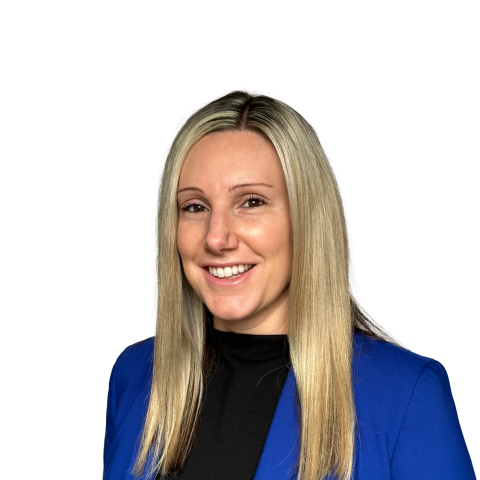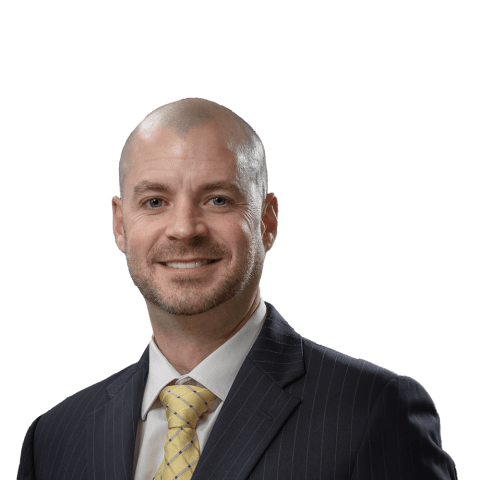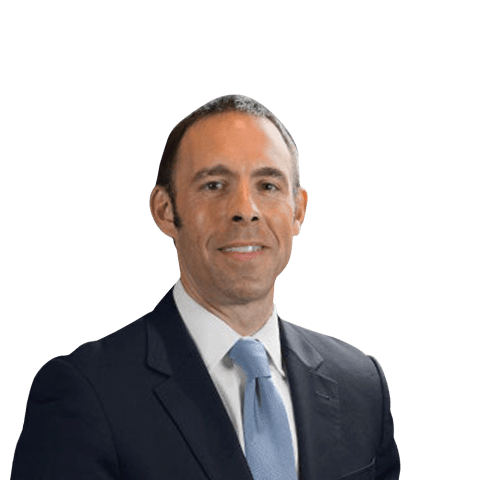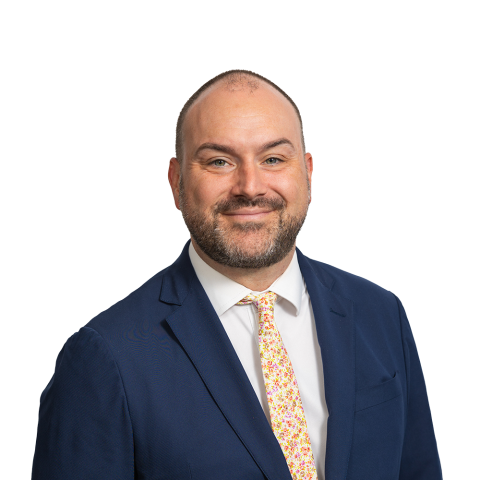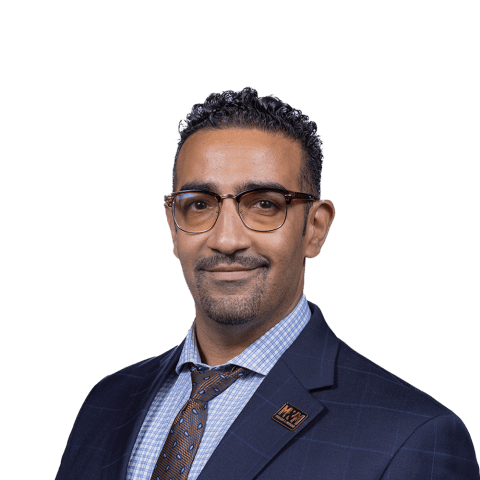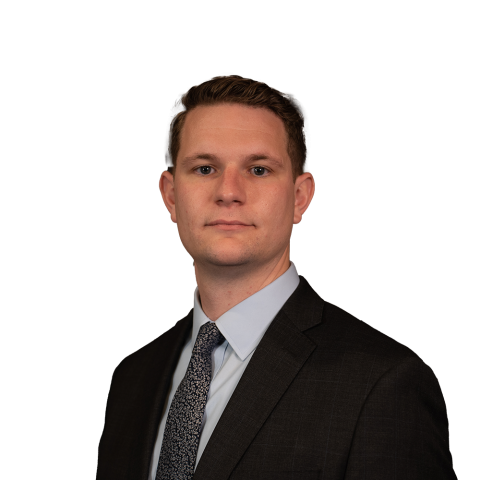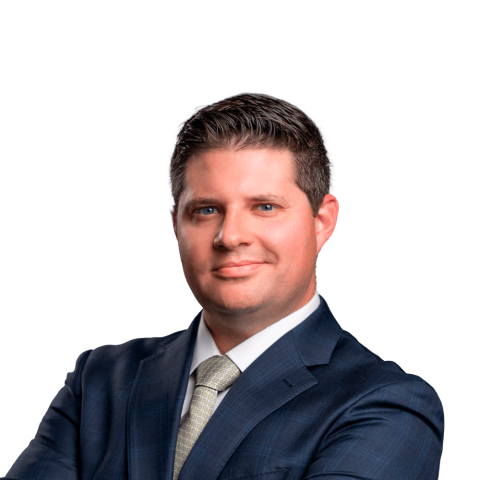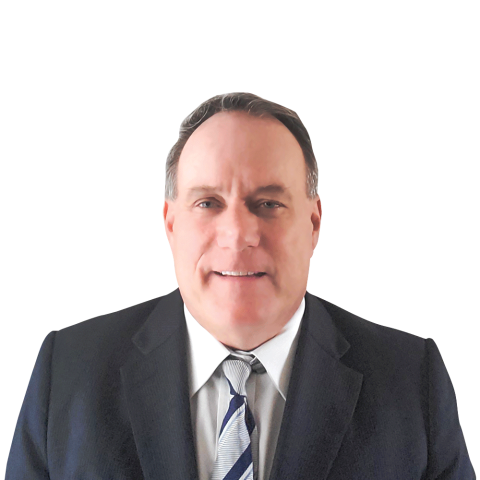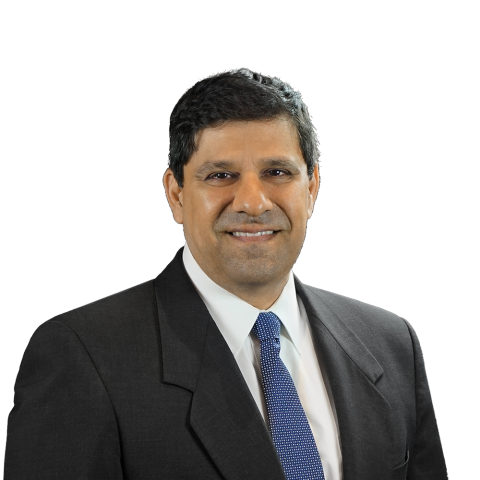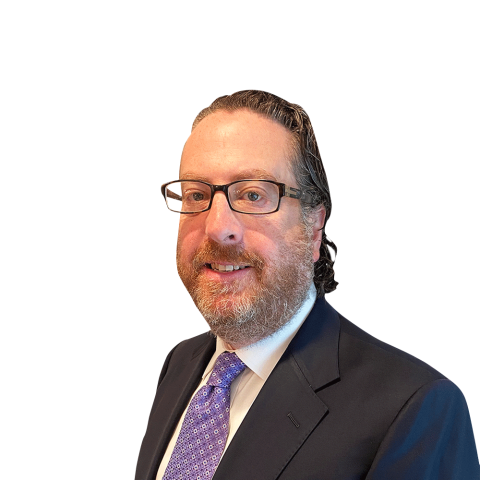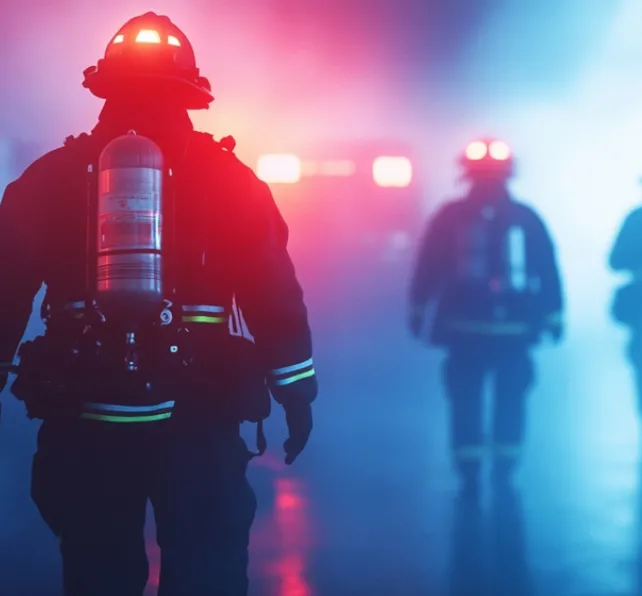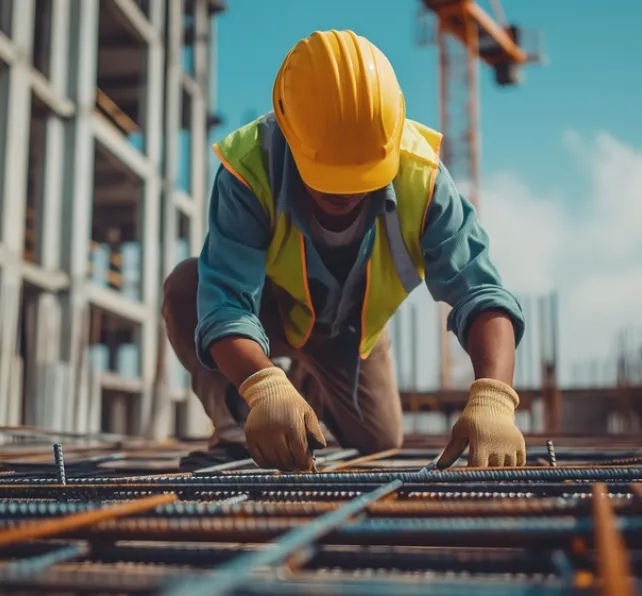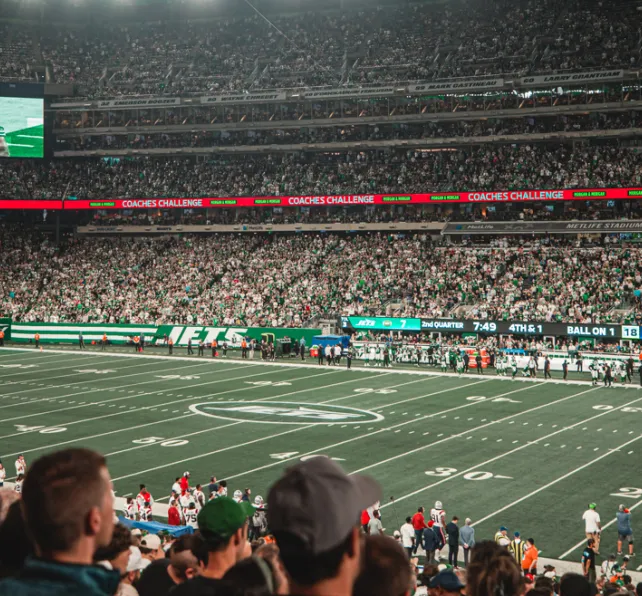Results may vary depending on your particular facts and legal circumstances. The attorney featured above is licensed in Florida. For a full list of attorneys in your state please visit our attorney page.
Should I Call the Police After a Car Accident in New York?
Car crashes can derail your life. We've helped thousands of people recover—physically, financially, and emotionally—after an accident.
Results may vary depending on your particular facts and legal circumstances. The attorney featured above is licensed in Florida. For a full list of attorneys in your state please visit our attorney page.
New York Personal Injury Lawyers
We’re proud to fight for our neighbors. Meet the attorneys from your community.
100,000+ Five Star Reviews
The reasons why clients trust Morgan & Morgan.
Based on select nationwide reviews.
Results may vary depending on your particular facts and legal circumstances.
Our Results
Results may vary depending on your particular facts and legal circumstances.
How It Works
Focus on your recovery. We'll take care of the rest.

Submit your free evaluation
Start your claim

Meet your legal team

We fight for more
Results may vary depending on your particular facts and legal circumstances. The attorneys shown in these photos may not be licensed in your state. To find an attorney licensed in your area, please visit our attorney page.
Local Care
Backed by America’s Largest Injury Law Firm.
$25 Billion
Recovered for clients
nationwide700,000+
Clients and families
served1,000+
Attorneys across
the country1
Click may change your life
The attorney featured above is licensed in Florida. For a full list of attorneys in your state please visit our attorney page.
Results may vary depending on your particular facts and legal circumstances.
In the Community
Discover the local Morgan & Morgan experience with news, events, and partnerships.
Learn More
Injured and not sure what to do next? We'll guide you through everything you need to know.
Get answers to commonly asked questions about our legal services and learn how we may assist you with your case.
Should I Always Call the Police?
In order to protect yourself, document the exact order of events, and avoid serious consequences in a lawsuit, you may want to contact the police following a vehicle accident. This is especially important if you believe that the other driver was engaged in illegal activity or was under the influence of alcohol or drugs at the time of the crash. Getting the police to the scene helps to document these important issues and to protect your legal rights. It can also help you to file a personal injury lawsuit with the help of a knowledgeable car accident lawyer.
The car accident lawyers at Morgan & Morgan are highly experienced in collecting evidence such as police reports that can ultimately be used to help show how someone else was responsible for the accident and the resulting injuries you sustained. If you wait too long to get help, however, it can be difficult to file a police report or even to open a personal injury claim. While things are still fresh in your mind, contact the police and then schedule a time to meet with a car accident lawyer for an initial consultation.
When Am I Required to Call New York Police?
There are some situations in which it is not up to you whether or not you contact the police. Motorists are required to bring law enforcement to the scene of an accident in two different circumstances. These include:
- When a parked car has been damaged and the owner of that vehicle cannot be located. If the owner is not present on the scene when you strike a parked vehicle, you must contact the police if the collision caused any damage to that car. You must also report this accident to the police if any other property was damaged as a result of the crash.
- If someone was killed or injured in an accident, you must contact police enforcement and stay at the scene until the officers arrive. If a domestic pet or animal was wounded or killed in the crash, you must also notify the police regarding the accident.
Why Is It a Good Idea to Always Call Police to the Scene?
You may assume in the immediate aftermath of an accident that you're not hurt and that it doesn't look like anyone else is hurt either; however, it can be far more serious than you presume. Some injuries like whiplash or internal bleeding do not immediately show symptoms. They might not even present for hours or days following the crash. If you decide to leave the scene of the accident without reporting it and someone later realizes they're injured, you need to contact the police as soon as possible to notify them. In order to bring police to the scene of an accident, call 911. Call the police at the non-emergency number if you're reporting an accident after it has happened.
What if Someone Fled the Scene?
It's common to feel as though you have no options to help you determine your next steps when someone leaves the scene of an accident. Anyone who is hurt in a New York car accident where it's clear that injuries or damages may be possible has a legal responsibility to stop, share information, and make sure that they have provided the appropriate details to the police. But if you were recently involved in an accident where someone who caused it or was involved in it left the scene and do not have their identification details, you may need to rely on the evidence seen or gathered by the police at the crash site to help identify this individual.
When you ask the police to come to the scene as quickly as possible, there is a better chance that they may identify something or someone who can tell them more information about who may be involved in the accident. While it is not guaranteed that they'll determine the identity of the at-fault party, there is a much higher chance of collecting these details when you call the police to the scene immediately.
Most victims involved in a hit-and-run accident are very confused and are trying to handle many different details at once in the wake of the crash, such as determining whether or not their injuries are serious enough to go to the hospital, identifying the damage to their vehicle, and contacting the police. It can be too much to try to find who is at fault for the wreck in those moments, too.
What Happens If I Don't Report a Car Accident?
Police may not be the only entities or organization that you need to report your New York car accident to. You should also consider additional reporting as necessary based on these points:
- You may be required to notify the New York DMV if the crash led to $1,000 or more in property damage. Even if the damaged property is not someone else's vehicle, you still may be required to report this to the New York DMV. You may have to pay to have your license reinstated if you lose your license because you did not report it to the DMV.
- You need to report the car accident to your insurance company. Most victims must use their own personal injury protection policies because New York is a no-fault insurance state. Regardless of who is responsible for the accident, you are responsible for telling your insurance company about it.
- You could endanger your own ability to recover compensation by failing to report an accident with your insurance claim. This is another reason why it is best to communicate the details of the crash immediately.
- If you fail to report an accident, you may face penalties. The penalties usually involve some jail time or fines. It is always recommended that you report the accident, even if you don't believe that there are no injuries or property damage.
What to Know About Hiring an Attorney?
If you were hurt in an accident and believe it was someone else's fault, there's a good chance that your injuries may exceed the level covered by your personal injury insurance. In these situations, you need to be prepared to file a lawsuit and hold the resulting party accountable. You can only do this when you have a dedicated car accident lawyer in your corner. The attorneys at Morgan & Morgan know how overwhelming it can be to figure out filing a police report, but they also know what to do with that police report after you've been hurt and will remain in communication with your insurance company as your case unfolds.
We see that accident victims need assistance with being guided through the legal process to recover the compensation they need and deserve. If you're struggling to figure out what is involved in recovery of compensation and important evidence details for filing your lawsuit, you need a car accident lawyer who has handled cases like this before.
Make sure that you communicate with an attorney as soon as possible after the accident happens to put yourself in the best possible scenario for recovering compensation. Knowing that you're not alone following an accident is vital for recovery of compensation.
Your lawyer should keep you up to date throughout your case, so it's important that you feel confident in their communication skills. The other side might bring forward a settlement offer, for example, and you should be able to rely on your lawyer to tell you about this immediately and to walk you through what this means for your claim.
Our lawyers at Morgan and Morgan recognize that it can be very difficult to know what steps you need to take first and what things you should avoid doing so as not to compromise your case, but this is why we work with you one-on-one from the outside of your personal injury lawsuit so you can feel confident about your future and your next plans.
To get started on a claim, contact us today for a free, no-obligation case evaluation.



